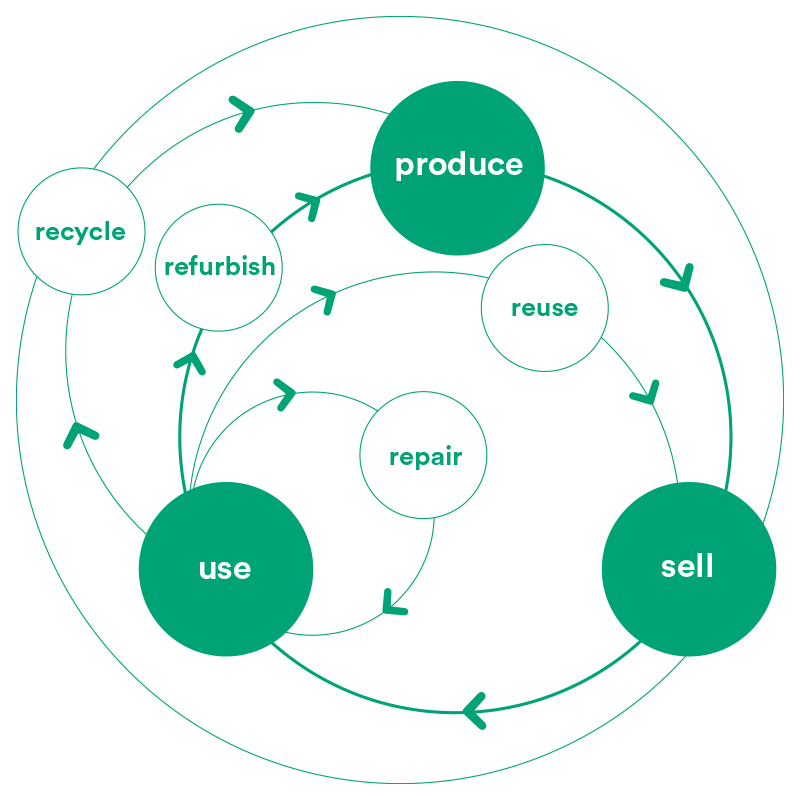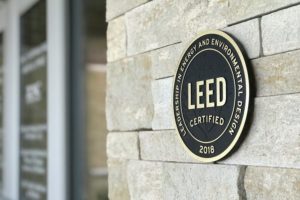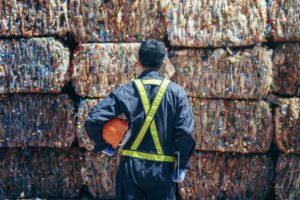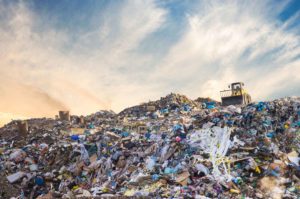
Source: rts.com
The zero-waste movement is being embraced around the world as concern over the climate crisis grows and people look towards more sustainable and substantive changes. Today, this means individuals and businesses slowly developing less wasteful habits while pushing for more circular solutions. Increasingly, entire communities are setting zero-waste targets too.
But what does a zero-waste community look like? And can individuals living in any given part of the world reasonably be expected to work together and build stronger, healthier, and less wasteful societies? Here, we explore what zero-waste communities are, why certification can help, and some of the certifications that should be considered if your community is looking to go zero waste.
What is Zero Waste in Communities?
When we talk about zero-waste communities, we’re discussing a broad range of urban areas, from local neighborhoods to entire cities. Generally speaking, those seeking certification are local governments, municipalities, or organizations that cover residential and commercial areas. However, certification for the entire community structure, as well as some certification aimed at people who work within or in support of the bodies that help communities reach zero waste, are also available.
Zero-waste certification for communities is in addition to zero-waste certification for businesses and organizations, which is a valuable piece of the zero-waste puzzle. In short, a community certification may act as an overarching set of goals and initiatives that pull together individual zero-waste adherents from across the area.
Of course, if the businesses within a community are already committed to zero waste, it can make community certification that much easier. On the other hand, if businesses aren’t changing while their community is, then community certification can act as a catalyst for greater adoption by commercial interests.
Why be Zero-Waste Certified as a Community?
Certification is a useful tool to ensure that different communities across the US are in line with and on track for their zero-waste goals. Certification not only helps the communities who use it to have a better understanding of how to practically implement zero-waste policies, but it also helps to standardize practices across diverse geographical areas so that they can be measured, replicated, and improved.
Additionally, good certification can help combat greenwashing, where communities market themselves as zero waste without making any major changes. This is why it is very important to be selective in your choice of certification. Many, such as Carbon Trust and Green Circle Certified, for example, offer zero-waste certification which includes waste-to-energy incineration as “diversion” from landfills. This wouldn’t be considered a “true” zero-waste practice according to the most widely respected definitions, described below.
That said, there are plenty of fantastic zero-waste certifications for communities out there, so let’s take a look at a few of the most prominent.
Recognition Program for Zero Waste Communities by ZWIA
The Zero Waste International Alliance (ZWIA) is a well-recognized organization with several certifications aimed at different users, including one specifically designed for communities. They work with a network of National Affiliates to certify communities that are operating in line with the ZWIA Global Zero Waste Community Principles and ZWIA Definition of Zero Waste, which is:
“Zero Waste: The conservation of all resources by means of responsible production, consumption, reuse, and recovery of products, packaging, and materials without burning and with no discharges to land, water, or air that threaten the environment or human health.”
The latter part of this definition is very important since the ZWIA does not include incineration (including waste-to-energy) as a diversion, making it a much more robust certification than some of the others.
To be certified under the Recognition Program for Zero Waste Communities, the applicant must be working towards, or have already achieved, a more than 90% reduction in waste to landfill, incineration, and the environment. This is in addition to meeting all national, state, and local waste and recycling regulations as well as setting out a clear community zero-waste goal in line with ZWIA’s principles.
SWANA Certification (for Community Leaders)
Aimed at the managers of programs and systems serving communities, the SWANA Zero Waste Principles & Practices Certification equips individuals within governance systems with the tools and knowledge they need to create zero-waste communities.
SWANA (Solid Waste Association of North America) operates 45 chapters across the United States and Canada, with this particular program designed to help waste professionals integrate zero-waste goals into their local community’s existing waste management systems, practices, and policies.
While this is an individual certification, it could be a worthwhile step for leaders or decision-makers within a community in order to take a more active and educated approach to waste management. This would put them ahead when applying for a more comprehensive zero waste certification for their community.
TRUE Program for Communities
TRUE (Total Resource Use and Efficiency) has programs for buildings, businesses, and communities. It is predominantly focused on pushing physical locations towards zero waste, so is more applicable to the infrastructure of community governance than to the entire community. That said, it is one of the most popular zero-waste certification systems in the United States and is extremely comprehensive in its requirements.
TRUE projects aim to divert all solid waste from landfill, incineration, and the environment, with a diversion of 90% or more required. What’s more, the TRUE Program is based on the ZWIA Definition of Zero Waste mentioned above, so can be trusted to follow the same foundational principles.
As with other certification programs, TRUE uses assessors to rate how projects are minimizing solid wastes and maximizing resource efficiency. The program is administered by Green Business Certification Inc. (GBCI), which is the same body that manages the highly-respected LEED Certification.
LEED for Cities and Communities
If a community is looking for a more comprehensive sustainability framework – one that includes waste management in addition to other systems such as water, energy, and transportation – then LEED is one of the most respected certifications. Their program for cities and communities considers social, economic, and environmental factors, in line with the United Nations Sustainable Development Goals.

Source: enviroinc.com
LEED for Cities and Communities is applicable to smaller communities such as neighborhoods or districts, all the way up to entire states or countries. It allows local stakeholders to select the focus areas of the program so each communities’ needs can be met.
LEED is based on a point system, where a community has a set of minimum requirements that must be fulfilled and then optional credits which accrue points to give a final score. This allows for the scalability and versatility that some communities may need.
Zero-waste communities form part of a wider network that starts with the individual; moves up through small businesses to corporations; takes in local, state, and national governments, and eventually ends up dictating the policies of global organizations.
The end goal is to ensure that waste is reduced, reused, and recycled correctly at every stage of its journey from production to end of life, keeping resources in the loop for as long as possible and minimizing the amount that is disposed of. For this reason, it is a highly important piece of the puzzle that brings greater transparency and enforcement in areas not covered by other certifications.
For more information on zero-waste practices, subscribe to zerowaste.com. Alternatively, speak with one of our TRUE Advisors for insights into going zero waste and see if TRUE Certification is right for you.






